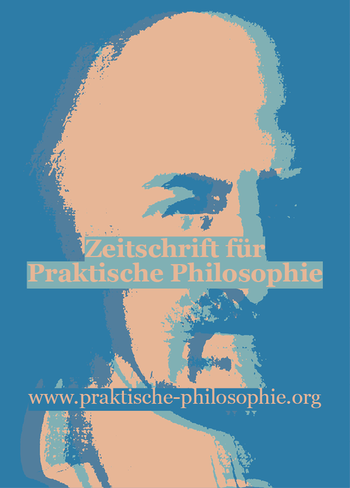Inversion der Aufklärung. Kants Begriff der Unmündigkeit als sozialphilosophische Kritik
Kant’s concept of Enlightenment contradicts the understanding of his contemporaries. Instead of the discovery and dissemination of true knowledge and the elimination of errors and prejudices, he emphasizes the progress of human beings through the independent use of their faculties. The article shows that although Kant develops his concept of immaturity from the Enlightenment discourse of prejudice, he inverts its metaphor of domination. Kant reverts the Enlightenment tradition’s figurative internal rule of prejudice into the actual relationship of tutelage and immaturity, and thus turns an epistemic discourse into a social one. This social philosophy can be systematically located in Kant’s anthropology, which is not primarily concerned with practical reason, but with the factual relations between people and the influence of the use of their faculties on one another. Immaturity as an ontogenetic human condition provides the systematic insight that domination is centrally linked to the temporality of human life.
Keywords
- Stader, Kant, Inversion, Aufklärung, Unmündigkeit, Sozialphilosophie, Kritik, Immanuel, Daniel

